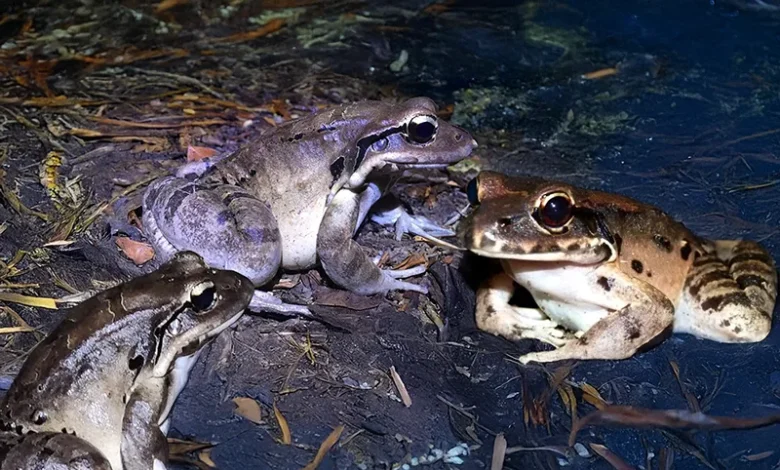Mountain Chicken Recovery Programme

The Mountain Chicken Recovery Programme is a collaborative conservation effort focused on the critically endangered mountain chicken frog (Leptodactylus fallax), a species native to Dominica and Montserrat. The species has experienced drastic population declines due to habitat loss, over-exploitation, and the devastating impact of the amphibian chytrid fungus (Batrachochytrium dendrobatidis), making urgent conservation action necessary.
Conservation and Recovery Efforts
Established in 2002, the programme unites European conservation institutions and the governments of Dominica and Montserrat. The initiative’s primary goals include developing captive breeding populations, researching disease management strategies, and exploring reintroduction possibilities for the species in the wild. In Dominica, a captive breeding facility funded by a Darwin Initiative grant was launched in 2005. This facility maintains a small number of individuals and focuses on breeding native insects to provide a sustainable food source for the frogs.
Challenges and Population Status
Despite these efforts, the mountain chicken population remains precariously low, with wild numbers across both islands estimated to be around 100 individuals. The programme is continuously adapting its strategies, prioritizing habitat protection, controlling invasive predators, and conducting ongoing research to combat the chytrid fungus. Conservation of the mountain chicken is seen as vital to Dominica, as this frog is an emblematic part of the island’s natural heritage and biodiversity.
Future of the Programme and Community Involvement
The Mountain Chicken Recovery Programme has incorporated community education and outreach to promote public awareness of the mountain chicken’s plight. This ongoing collaboration and adaptive management approach underscores the importance of protecting endangered species within their natural habitats, ensuring that the mountain chicken continues to be a symbol of Dominica’s unique wildlife for future generations.




